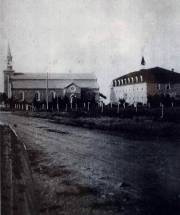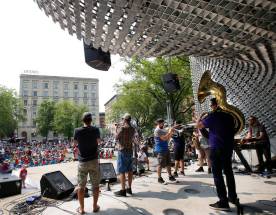Charge against retired priest prompts more reports to police
Read this article for free:
or
Already have an account? Log in here »
To continue reading, please subscribe:
Monthly Digital Subscription
$19 $0 for the first 4 weeks*
- Enjoy unlimited reading on winnipegfreepress.com
- Read the E-Edition, our digital replica newspaper
- Access News Break, our award-winning app
- Play interactive puzzles
*No charge for four weeks then billed as $19 plus GST every four weeks. Offer only available to new and qualified returning subscribers. Cancel any time.
Read unlimited articles for free today:
or
Already have an account? Log in here »
Hey there, time traveller!
This article was published 20/06/2022 (919 days ago), so information in it may no longer be current.
Several more people have contacted Manitoba RCMP with allegations they were abused by a now-retired Catholic priest when he worked at residential schools in the 1960s.
The RCMP would not say how many complaints have been received since it announced June 17 a charge of indecent assault against Arthur Masse, 92.
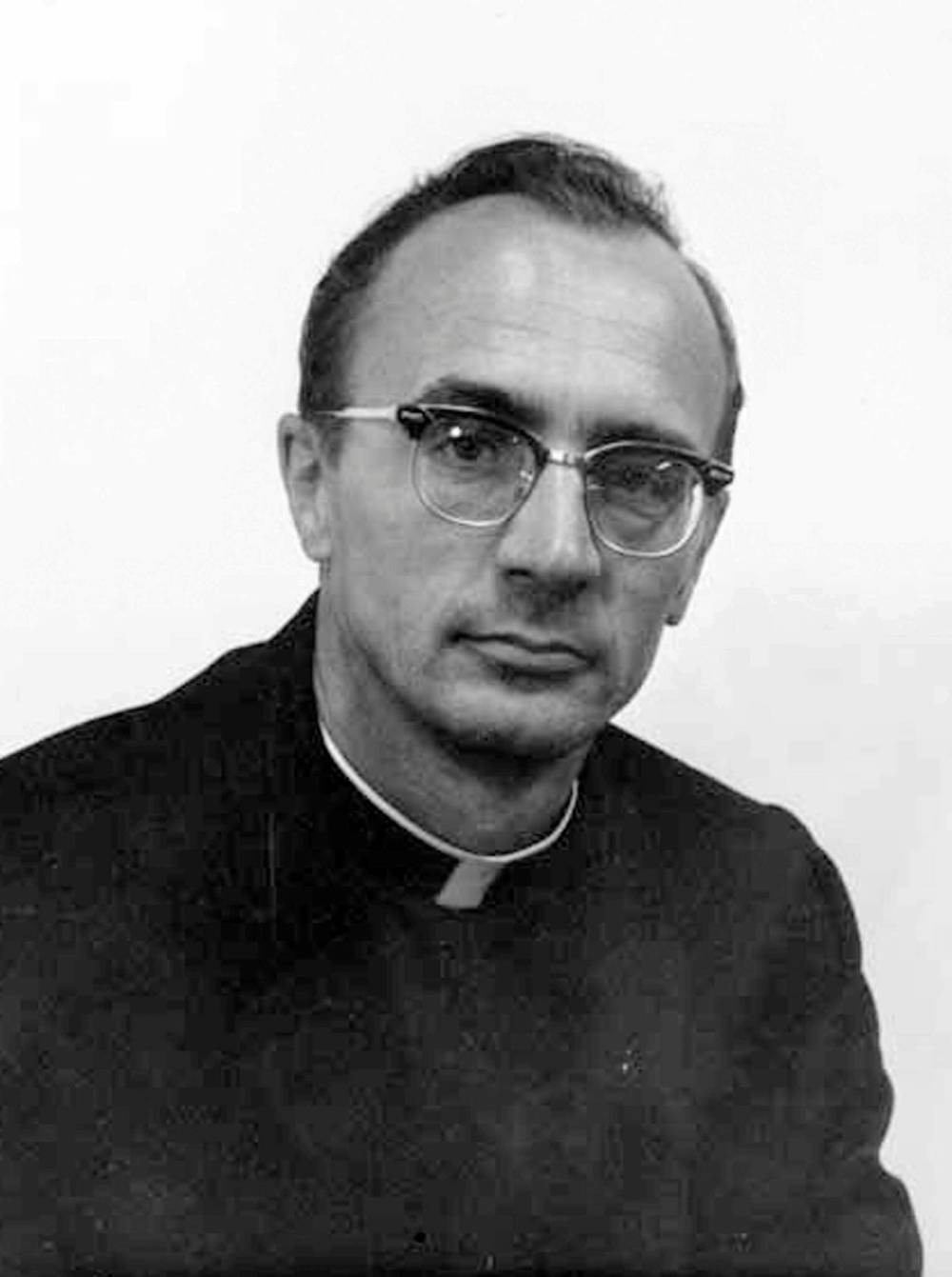
The national police service has vowed to look into every report from residential school survivors.
Former Skownan First Nation chief Bernard Catcheway, who alleges he was sexually assaulted at the Pine Creek Residential School when he was about 10 years old, is among those who’ve called or visited police in recent days.
“I will never forgive him for what he did,” Catcheway, 70, told the Free Press on Tuesday. “I struggle every day. I still try to block (it) out in my mind, but it’s really hard.”
Catcheway said he gave a statement to the RCMP detachment in Winnipegosis, after seeing media coverage of the charge against Masse. He was told officers from D Division headquarters in Winnipeg will interview him.
“I’m getting up in age. I want to set myself free from the damage,” he said. “I have to deal with the pain, the suffering. I’ve got to heal. If he goes to jail, fine. It’s really up to a judge.”
“I got angry. I still cry. I was treated like an animal at the residential school. It was very detrimental what we had to go through.”
– Bernard Catcheway
Arrested at his home in Winnipeg, Masse was charged with indecent assault for an alleged offence against a 10-year-old girl. She was a student at the Fort Alexander Residential School in Sagkeeng First Nation, between 1968 and 1970, the year the school closed.
The charge followed a decade-long investigation into the school, which developed a reputation for abuse.
Seeing a photo of Masse in a TV news report last week made Catcheway emotional.
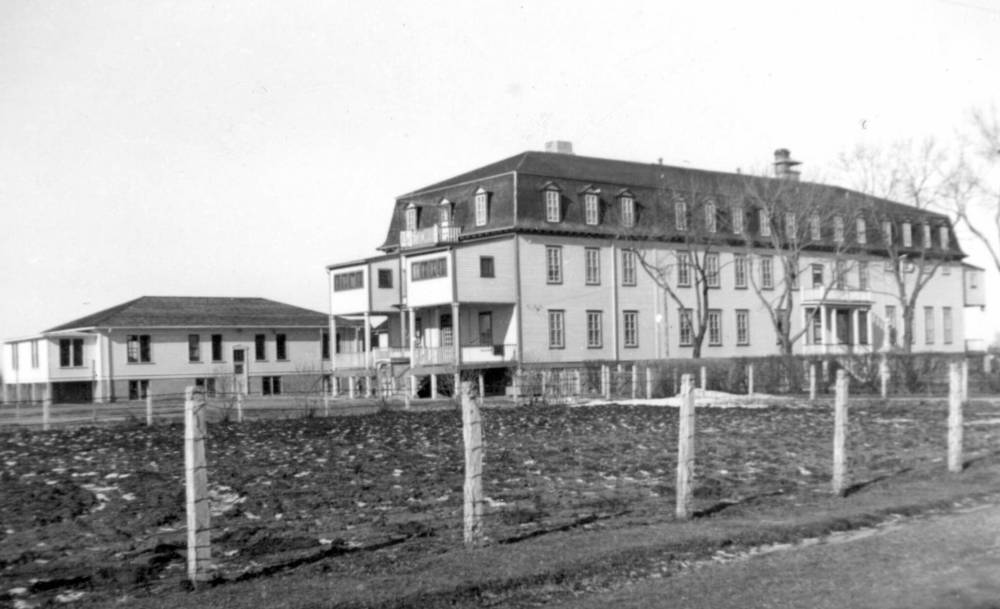
“I got angry. I still cry,” said Catcheway, who attended Pine Creek, about 400 kilometres northwest of Winnipeg, for about eight years. “I was treated like an animal at the residential school. It was very detrimental what we had to go through.”
According to online records from the Winnipeg-based National Centre for Truth and Reconciliation, Masse was the Pine Creek school’s principal from July 1961 to July 1966.
He was principal and, later, an administrator at the Fort Alexander school between August 1966 and July 1969, records state.
Marilyn Courchene, 62, encountered Masse when she was a day school student at Fort Alexander. She alleges the man stroked her neck and made her feel uncomfortable as he stood over her in a classroom when she was in Grade 2.
“It was wrong,” said Courchene.
Years later, when she was about 12, Masse visited her family’s home and sat next to her when her mother left the room to make tea, she alleged.
“He put his hand on my leg and asked, ‘How are you doing?’” said Courchene.

She said she is on a “healing journey,” while dealing with the abuse suffered at the school.
Courchene went to the Powerview RCMP detachment Tuesday — also National Indigenous Peoples Day — to make a complaint about Masse. She was told an investigator would take her statement later this week.
If Masse is found guilty of an offence, Courchene would prefer any punishment to be handled by a traditional sentencing circle.
“I don’t want vengeance. I’m looking for justice in a good way, not in a colonial way,” she said. “I’m asking him to sit with us and to be accountable to us.
“Just tell us, ‘I’m sorry.’ That’s all we need to hear to move forward for forgiveness. At least we could get closure from one priest out of many.”
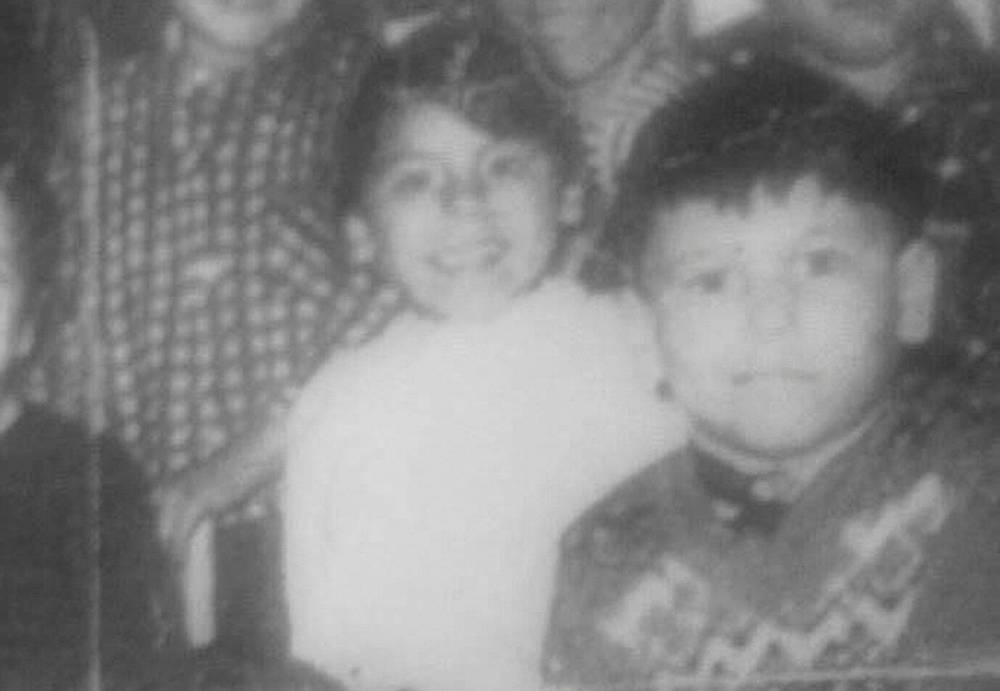
Courchene and other residential school survivors are planning to attend court July 20 in Powerview, when Masse, who was released with conditions, is scheduled to appear.
Masse has not been charged with any additional offences, as RCMP receive reports from more complainants.
“I can confirm there have been further reports made to police since the news of the arrest,” RCMP spokeswoman Tara Seel wrote in an email. “However, we will not be providing numbers or any further specifics at this time. We will look into every report received.”
“I don’t want vengeance. I’m looking for justice in a good way, not in a colonial way. I’m asking him to sit with us and to be accountable to us.”
– Marilyn Courchene
Some of NDP MLA Nahanni Fontaine’s family members attended Fort Alexander. She said the charge against Masse has prompted a range of reactions and emotions from residential school survivors.
The St. Johns MLA said the arrest shows there is no reason others cannot be brought to justice decades later. But there is a sense of urgency and police investigations should be expedited because alleged abusers who are still alive are at an advanced age, she said.
“I would like to see that there be devoted front-end resources toward bringing to justice those predators and offenders that are still alive,” said Fontaine.
Masse worked at least two other residential schools, including one in Brandon, where he was an administrator from September 1970 to June 1971, according to NCTR records.
A Société historique de Saint-Boniface archive said his first post was at the Fort Frances Residential School in northwestern Ontario, where he stayed until 1957.
After working in Manitoba, he returned to Fort Frances, located in Couchiching First Nation, from July 1971 to September 1974. After the school closed, he worked as a missionary in Fort Frances until 1981.
The residential schools resolution health support program has a crisis line for survivors and their relatives at 1-866-925-4419
chris.kitching@freepress.mb.ca
Twitter: @chriskitching
Chris Kitching
Reporter
As a general assignment reporter, Chris covers a little bit of everything for the Free Press.
Our newsroom depends on a growing audience of readers to power our journalism. If you are not a paid reader, please consider becoming a subscriber.
Our newsroom depends on its audience of readers to power our journalism. Thank you for your support.




